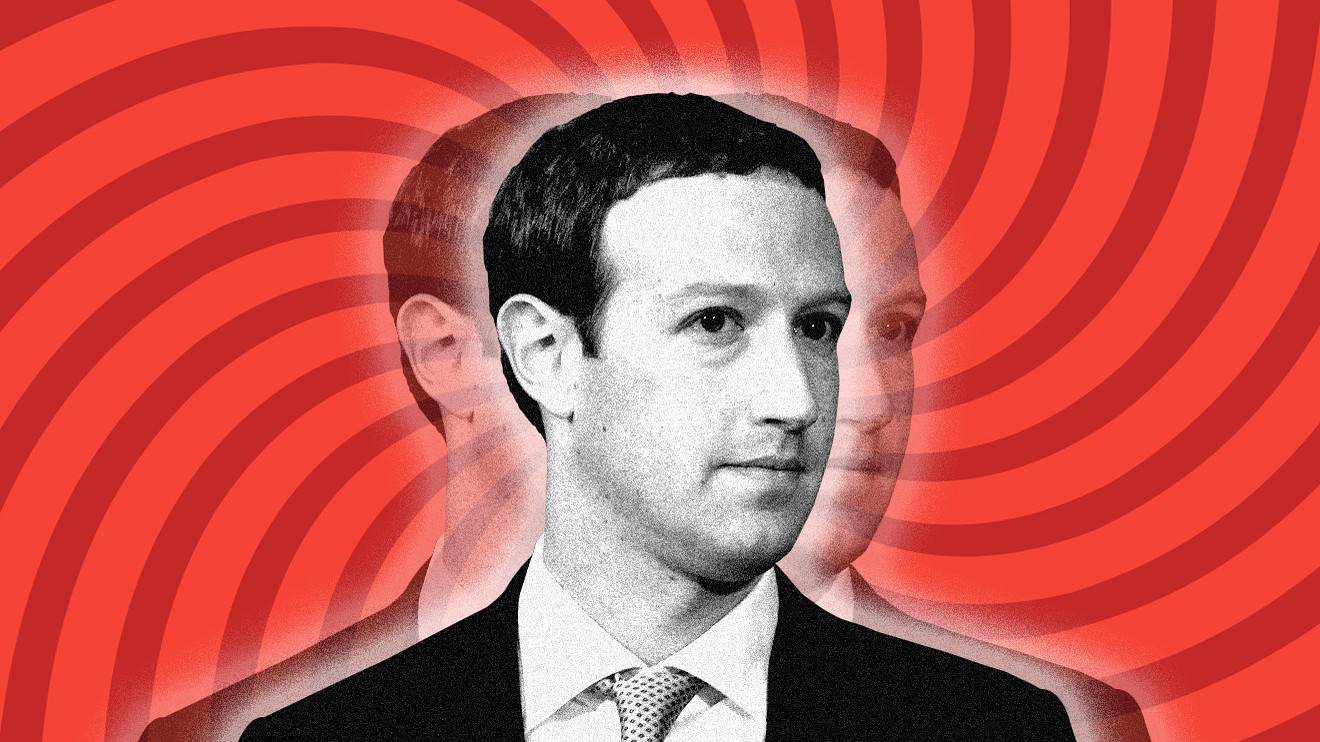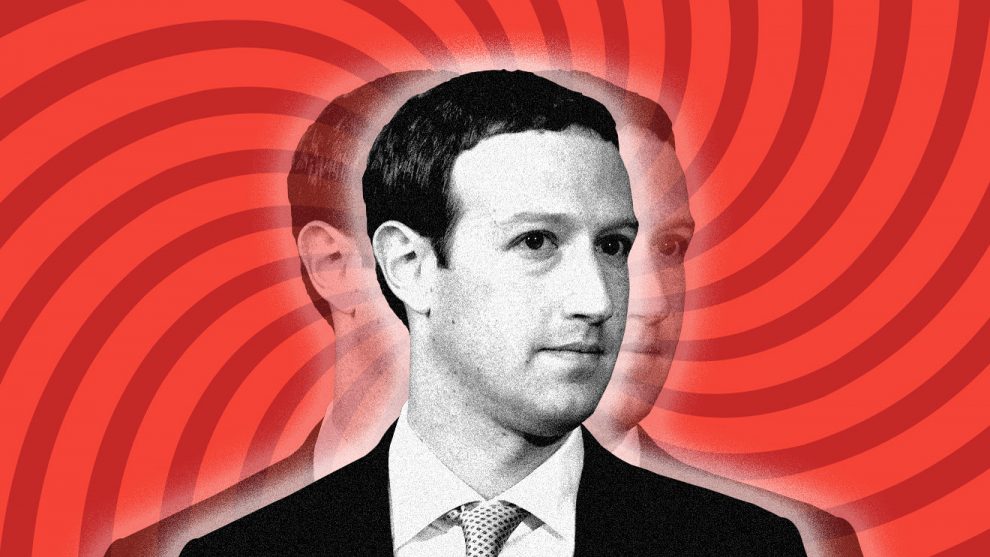
Facebook founder Mark Zuckerberg has a mission: Figure out how to fix the future.
In an interview posted Sunday on Yahoo News’ Skullduggery podcast, Alexandria Ocasio-Cortez, the New York Democratic Congresswoman, said she’s given up posting on her Facebook FB, -0.43% account and said she is also cutting back on her use of Twitter TWTR, -0.72% and Instagram, where she has 3.94 million followers and 3.2 million followers, respectively. Her official Facebook page has more than 738,300 followers.
“I think it has effects on everybody. Increased isolation, depression, anxiety, addiction, escapism,” she told Yahoo. “I personally gave up Facebook, which was kind of a big deal because I started my campaign on Facebook. And Facebook was my primary digital organizing tool for a very long time. I gave up on it.” Her last tweet was on Tuesday morning: she retweeted a New York Times column by Paul Krugman entitled, “Republicans are the real extremists.”
Facebook has vowed to restore confidence in the social-media platform after a series of scandals. The company admitted to a massive privacy breach in April 2018, after it was revealed it shared the user data of millions of people with data-firm Cambridge Analytica. Subsequent reports on Facebook revealed how extensively the company tracks user preferences and identities like ethnicity, religion, and political affiliations.
Although Zuckerberg has continued to make promises to improve the platform and rein in data-collection processes, some security experts remain skeptical and the company is facing several federal probes regarding how it tracks users. (Facebook did not respond to request for comment.) Security researchers and privacy advocates have some suggestions on what needs to change.
Sign up to a nationwide ‘data broker clearinghouse’
In recent years, and particularly after the Cambridge Analytica scandal, Zuckerberg and other Facebook representatives have been on an “apology tour,” said Dan Goldstein, president of internet marketing firm Page 1 Solutions.
“Zuckerberg needs to stop making bland assurances that he and his team are working on privacy, security, and content problems. Positioning tens of thousands of employees to monitor and fix problems is a start, but he’s given no sense of how Facebook intends to address and overcome the serious misgivings people have developed over the past 18 months,” he said.
The company has repeatedly made promises to give users more control over their data, but has done little to actually make that possible, Goldstein said. In May 2018 it suspended third-party apps for accessing user data and added some settings making it clear what data is collected.
Apple AAPL, +0.01% chief executive officer Tim Cook said in January 2019 that massive data overhauls are needed to keep Americans and their data secure. He suggested a “data broker clearinghouse” that would allow people to see what data is collected and request personal information be deleted.
Set an ethical advertising policy for other companies
The way Facebook addresses these ongoing privacy concerns could have major effects on the rest of the world, said Goldstein. Limiting targeted ads and giving users more control over data would be steps in the right direction, he added. With more than 1.7 billion members, the company has major pull, he noted. Facebook announced 2018 fourth-quarter earnings of $16.91 billion in January, an increase from $13.73 billion in the third quarter.
“Creating a Facebook that respects user privacy while providing features that enable marketers to deliver targeted ads ethically will be a balancing act, but I wouldn’t count Facebook out just yet as a tool that serves brands and consumers,” Goldstein said.
Give ‘premium options’ to prevent data collection
As long as Facebook is free and reportedly gleaning the bulk of its profit from selling user data, the company is unlikely to make major changes to its business model, said Ayman Hariri, chief executive officer of Vero, a social media app posed as a kind of antidote to platforms like Facebook, because it doesn’t collect data or use advertisements. “Their users are their product,” Hariri said.
But others have noted it is possible to profit without selling user data, or at least possible to give users part of the profit. The data sold by major companies is sold for about $44 billion a year, and users get nothing in return except the free use of social-media platforms.
Nearly a dozen companies have launched in recent years with the mission of allowing users to sell data directly to companies, lobbying for a kind of “universal basic data income” where people get paid for the information they generate just by being online. They include Datum and Digi.Me. Alternatively, Facebook could introduce premium paid accounts for people who don’t want their data harvested by the social network.
Agree to an ‘algorithm regulator’ on content ranking
Zuckerberg noted in his recent video that he wants to work in the “best interest” of users, but admitted he does not always know what that means. “A user-friendly and privacy-minded Facebook would put the power back in the hands of its users,” said Sean McGrath, privacy expert at BestVPN.com. He called for more transparency and better control of how our personal data is used.
Some solutions are already being floated: Australia’s Competition and Consumer Commission recently suggested an algorithm regulator which would have the power to request information on how Facebook’s machine-learning algorithms rank content.
“That would certainly be one way to go, but anyone in technology will tell you that legal regulation stifles innovation,” McGrath said.
Facebook’s stock was up 37% year-to-date compared to a rise of 16% in the S&P 500 SPX, +0.05% and an increase of 13.2% in the Dow Jones industrial Average DJIA, +0.26%
(This story was originally published on Feb. 22, 2019 and was updated on April 16, 2019.)
Get a daily roundup of the top reads in personal finance delivered to your inbox. Subscribe to MarketWatch’s free Personal Finance Daily newsletter. Sign up here.




